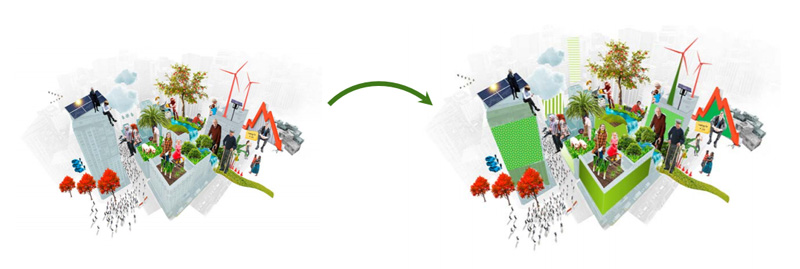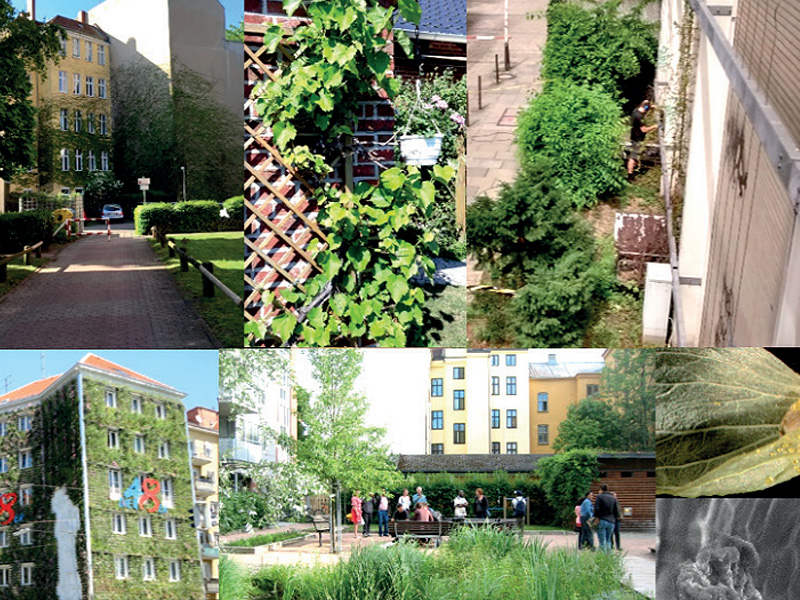Join JPI UE
Faq
FAQ
Please click here for the frequently asked questions we collected.
If you have an additional questions you are welcome to mail us at info@jpi-urbaneurope.eu
Vertical green (VG) has a great potential to cool buildings, to recycle and upcycle wastes, rainwater and grey water, to produce food or bio-energy and to generate green spaces nearly everywhere in cities – almost independent of available horizontal space. 
We will re-develop VG according to stakeholder needs, e.g. we will adapt it to diff erent architectures, diff erent climates and reduce maintenance costs through automated machinery so that VG may unfold its full positive impacts to as many urban neighbourhoods as possible. Watch this video!

The Vertical Green 2.0 tool helps policy-makers with complex calculations, such as predicting the cooling potentials of vertical greenings and their water demands to better understand and manage vertical greening as a viable source of food and energy. The tool is available in an open-source environment and can be downloaded right away by a policy maker or planner.
The model can be used by policy-makers and planners to calculate how much rainwater run-off and grey water (reusable domestic wastewater from showers, baths, washing machines etc.) can be upcycled by façade greening. The model has been applied to compare the cities of Berlin, Copenhagen, Lisbon, Tel Aviv, Istanbul, and Rome to see how factors such as climate and architecture affect the water demands of façade greenery and what sources of water could be used.
Vertical Green 2.0 – Vertical greening for liveable cities – co-create innovation for the breakthrough of an old concept
Duration: 2018–2021
Web: https://www.urbangreen.tu-berlin.de/menue/urban_vertical_green_20/
Contact: Dr. Thomas Nehls, Technische Universität Berlin
E-mail: thomas.nehls@tu-berlin.de
Budget: 1.351.601 €
Partners: Technische Universität Berlin, National Taiwan University, Urban planning institute of the Republic of Slovenia, University of Natural Resources and Life Sciences Vienna, Green4Cities Vienna